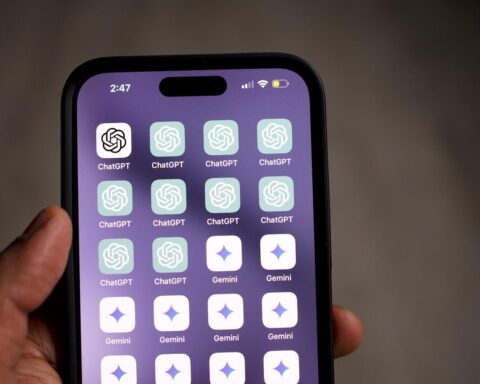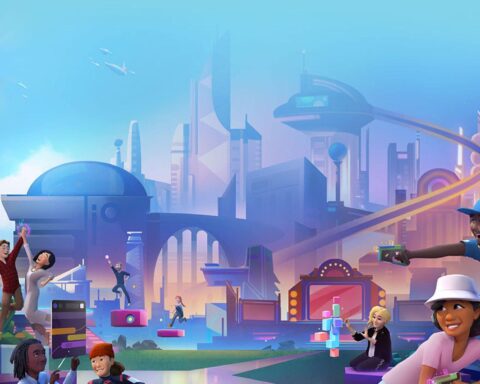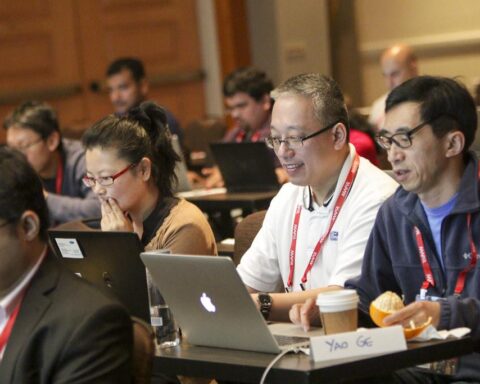In a digital landscape where influencers reign supreme and AI technology continues to evolve, a recent ad on Instagram has sparked a heated debate among content creators. The controversial ’AI-powered’ ad has not only raised questions about the ethics of using artificial intelligence in marketing, but has also highlighted the potential pitfalls of relying on technology to generate content. Join us as we delve into the world of AI-powered advertising and uncover the implications of this divisive trend on the ever-changing social media landscape.
Table of Contents
- AI’s Impact on Digital Marketing
- The Role of Technology in Influencer Partnerships
- Ethical Concerns Surrounding AI in Advertising
- Navigating the Use of AI in Social Media Campaigns
- The Importance of Transparency in AI-powered Ads
- Building Trust with Authentic Content Creation
- To Wrap It Up
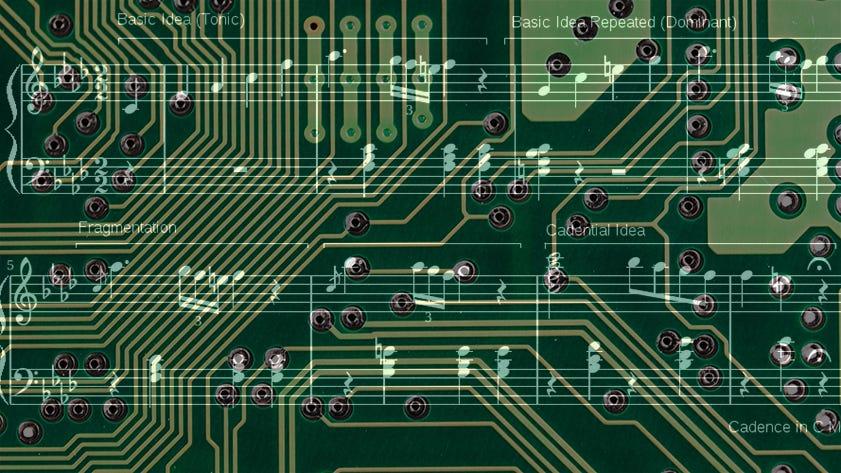
AI’s Impact on Digital Marketing
The world of digital marketing is undergoing a seismic shift with the advent of Artificial Intelligence (AI). One of the most talked-about instances recently has been the ‘AI-powered’ ad that ruffled feathers within the creator community on Instagram. Let’s take a closer look.
The crux of the controversy stems from Instagram’s testing of an ‘AI-powered’ ad creation tool, which is capable of automatically generating adverts from existing post content. This brings us to two main issues:
-
- Authenticity: With AI taking the reins, personal touch and creativity are at risk of being lost. Creators argue that this strips the ads of their uniqueness and authenticity, potentially diluting the brand’s message.
-
- Consent: Another pressing concern is regarding the consent of creators whose content is being used to forge ads. While Instagram claims to seek permission before using posts, some creators beg to differ.
This situation was aptly captured in a table:
| Concerns | Description |
|---|---|
| Authenticity | AI might strip creativity and uniqueness from ads, diluting the brand’s messaging. |
| Consent | Concerns over whether proper consent from creators is obtained before their content is used in ads. |
Clearly, the impact of AI on digital marketing is as diverse as it is profound, with ‘AI-powered’ ads opening up a new front in the ongoing discourse.

The Role of Technology in Influencer Partnerships
Technological innovation is rapidly changing the landscape of influencer partnerships, especially with the advent of artificial intelligence. In a recent turning point, an AI-powered advertisement caused a storm within the Instagram influencer community. The ad, which was designed entirely by an AI algorithm, controversially outperformed ads curated by human content creators. This has raised critical questions regarding the role and necessity of human creativity, originality and personal touch in producing effective ads.
Despite the controversy, there’s no denying the potential benefits that AI can bring to the table. Indeed, AI algorithms can analyze vast amounts of data to detect trends and tailor ads based on user preferences, demographics, and behavior faster than a human marketer ever could. Below are some ways in which AI is likely to revolutionize influencer partnerships:
-
- Data-driven selection of influencers: Instead of relying on subjective factors, AI can use data analytics to identify influencers whose audiences closely align with the brand’s target demographic.
-
- Automatic content optimization: AI can generate personalized ad contents and make alterations based on the performance of similar ads in the past.
-
- Performance measurement: AI tools can provide real-time analytics, tracking the performance of an ad campaign and identifying areas for improvement.
However, these advancements do not come without concerns. Many are apprehensive about AI’s potential to replace human creators, while others question whether an AI can truly capture the visceral, emotional appeal of a well-crafted ad by a human.
| Pros | Cons |
|---|---|
| Efficiency | Possible job displacement |
| Data-driven decision-making | Lack of emotional connection |
| Real-time performance measurement | Ethical concerns |
The discussions run deep, and there’s no universal consensus at this point. Despite the controversy, however, one thing is clear: AI has the potential to transform influencer partnerships in ways we cannot currently comprehend.
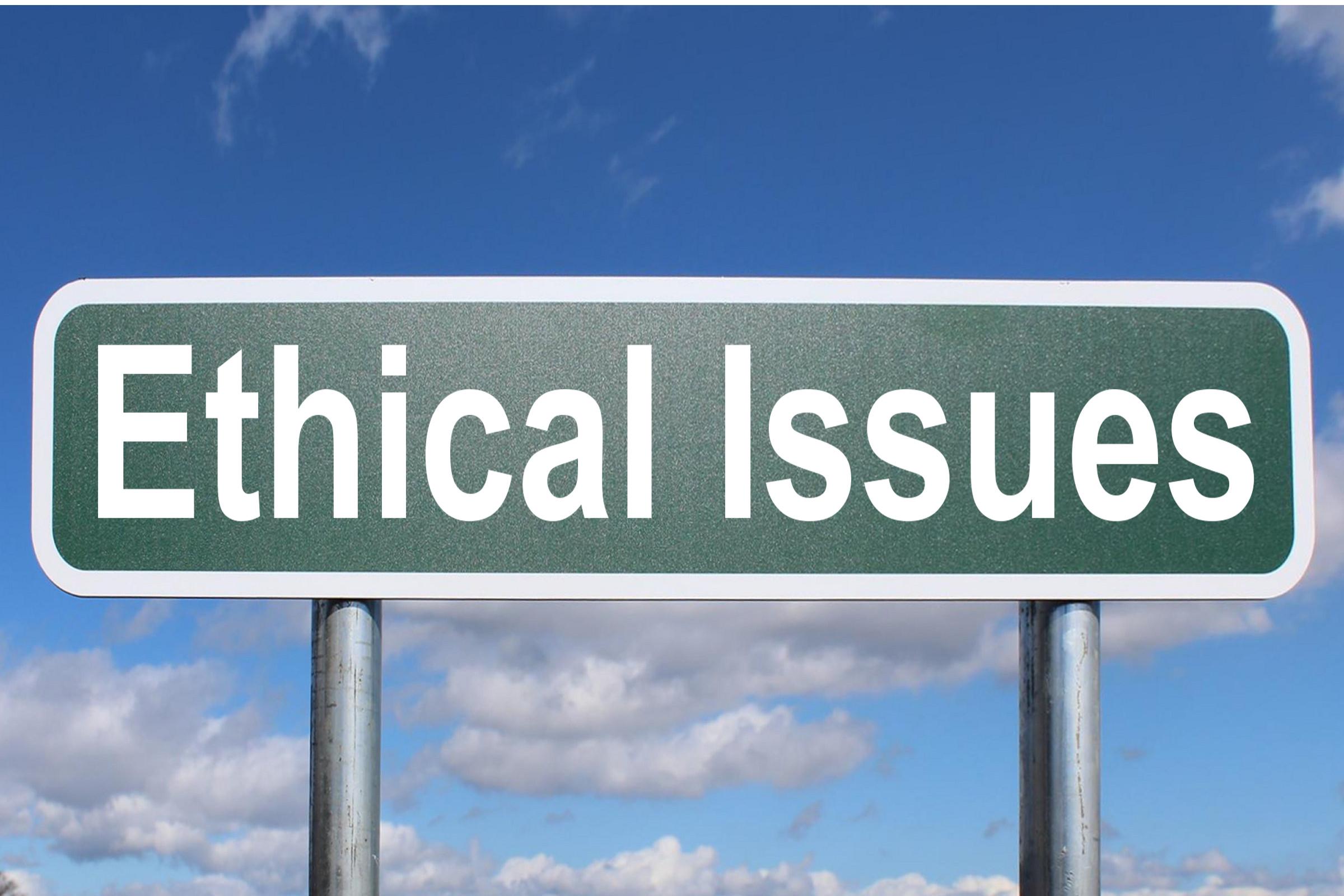
Ethical Concerns Surrounding AI in Advertising
The recent uproar about an ‘AI-powered’ advertisement on Instagram has brought to light some of the ethical concerns that surround the use of Artificial Intelligence in advertising. Choosing to exclude its artists, the industry has handed over the reins of creativity to programmed algorithms. As a result, creators are now raising questions about the unjust dismissal of creativity and authenticity, as well as the potential breach of intellectual property rights.
When AI begins to take over human jobs, issues such as job displacement, plagiarism, and copyright infringement come into play. Questions have been raised about where the content for these AI-powered ads is coming from:
-
- Are they original creations by the AI, or are they based on human-made content?
-
- What happens when an AI creates an advertisement strikingly similar to an artist’s original work?
| Concern | Explanation | Possible Outcome |
|---|---|---|
| Job Displacement | AI replacing human artists. | Higher unemployment rates, reduced artist income. |
| Plagiarism | AI copying human-made content. | Legal consequences, damaged reputation. |
| Copyright Infringement | AI using copyrighted material without permission. | Legal actions, loss of trust. |
Moreover, the ethical quandary extends to data privacy too. AI algorithms utilize big data for targeted advertising, which raises questions about user consent and the invasion of privacy. Although this kind of ‘personalized’ advertising can be seen as beneficial for businesses in successfully reaching their target audience, it can also be perceived as invasive and intrusive from different perspectives. With AI steering the advertising world, greater transparency and stricter regulations are a must to ensure an ethically sound AI integration.

Navigating the Use of AI in Social Media Campaigns
The wide use of AI technology in today’s social media advertising sphere is both a game-changer and a creator of predicaments. One instance that grabbed the headlines recently was an ‘AI-powered’ advertisement that sparked a Furor within the creative community on Instagram. The campaign, which utilized advanced machine learning algorithms to create ‘original’ content, raised questions among users about creativity, authenticity and the role that AI should play within digital advertising spaces.
Creators voiced concerns about their work being imitated or replaced by artificial intelligence, posing queries about who would retain originality and artistic license in the AI-age. Many users questioned the algorithm’s ability to truly understand and emulate human creativity. They also pointed out that using AI technology might lead to the commodification of creativity, as it enables mass production of similar content.
“AI technology is a double-edged sword. While it can help us generate content rapidly, can it ever replace the human touch in creativity? The answer is yet to unfold,” remarked a popular Instagram creator.
| Parameters | Human Creativity | AI Creativity |
|---|---|---|
| Originality | High | Depends on dataset |
| Emotion | High | Emulates but does not experience |
| Production Speed | Varies | Fast |
| Mass Production | Difficult | Possible |
While technological advancements can provide practical solutions, they also challenge existing norms. As with any disruptive technology, the key is finding the right balance. So, whether it’s AI-led creativity on social media or any other innovation, the trick lies in leveraging its potential carefully without letting it dilute or overshadow the human essence that underlies creativity.

The Importance of Transparency in AI-powered Ads
As we delve deeper into the era of advanced technology, AI-powered advertisements are fast becoming a commonly used marketing strategy. Social media giants like Instagram are already reaping the benefits of such targeted ads which are tailored to be in tune with the users’ preferences and interests. However, this development has not been without controversy. Recently, a creator-driven upheaval on Instagram centered around an AI ad that lacked transparency sparked a global conversation about ethics in AI marketing.
The crux of the contention lies in the lack of transparency in the AI algorithms and processes that govern these advertisements. Creators argue that they should be able to understand and control how their content is used or promoted. In addition, audiences should also have a clearer understanding of why they are being shown particular ads.
-
- Providing ‘transparency tools’ for creators to track the usage of their content.
-
- Promulgating clear explanations of the AI processes in understandable language for fabricating ads.
-
- Implementing measures to let users understand why they are targeted for specific ads.
In the Instagram controversy, the alleged AI ad system used the creators’ unpaid content without their knowledge or consent. This led to a massive outcry underlining the importance of transparency and consent in AI-powered ads.
| AI Practises | Benefits |
|---|---|
| Transparency Tools | Creators can track content usage |
| Clear AI Process Explanations | Users can understand ad fabrications |
| Consent-based usage | Protects creators’ rights and interests |
In conclusion, while AI ads offer an efficient and effective method of targeting specific marketing demographics, it is essential that digital platforms prioritize transparency, consent, and the ethical use of user content.

Building Trust with Authentic Content Creation
The recent disclosure of an AI-powered Instagram advertisement has sparked a lively debate among content creators. In many instances, the instinctive pursuit for originality and authenticity is being threatened by the rise of artificial intelligence in content creation. The creators are questioning the credibility of the synthetic voices and faces that are being used in these ads.
While many feel that the technology robs them of their unique creative persona, others argue that it actually aids in extending their reach. They claim that the use of AI meets their creative needs while ensuring their content reaches a diverse, global audience.
-
- AI assisting creators: Creators can utilize AI to translate their content into multiple languages, broadening its appeal. They are also exploiting machine learning algorithms for identifying trends and creating optimized content. This can notably lead to staying ahead among competitors and capturing attention of diverse audiences.
-
- AI replacing creators: Conversely, the threat of AI technologies replacing content creators is real. Advanced AI models can create content that is almost indistinguishable from human-produced material. This threatens individuals whose livelihoods are based on creating and monetizing original content.
| Opinion | Percentage |
|---|---|
| AI is an extension of the creative process | 70% |
| AI is a threat to content creators | 30% |
The tension around AI’s role in content creation and advertising is a compelling conversation point. Ultimately, what is critical and non-negotiable is the need for transparency and authenticity in AI-aided content. Failing to consider this could result in a significant loss of trust and subsequently, audience engagement.
To Wrap It Up
In the misaligned horizons of curiosity and controversy, the AI-powered ads on Instagram have lodged themselves firmly, teetering the scales of innovation and ethics. They are reshaping not only the marketing landscape, but also challenging the creative autonomy of HUMAN creators. As we bid adieu to this discourse, remember, technology is a bird that’s ever-evolving, shifting paradigms of possibility and debates alike in its wake. Its power and its consequences, invariably entwined, seek to embellish our future, for better or worse. So here we stand, in the crossroads of artificial intelligence and creativity, waiting to find out how this narrative unfolds. As Instagram’s reels keep rolling on, let’s not forget to question and appreciate this intricate dance of technology and human genius.

